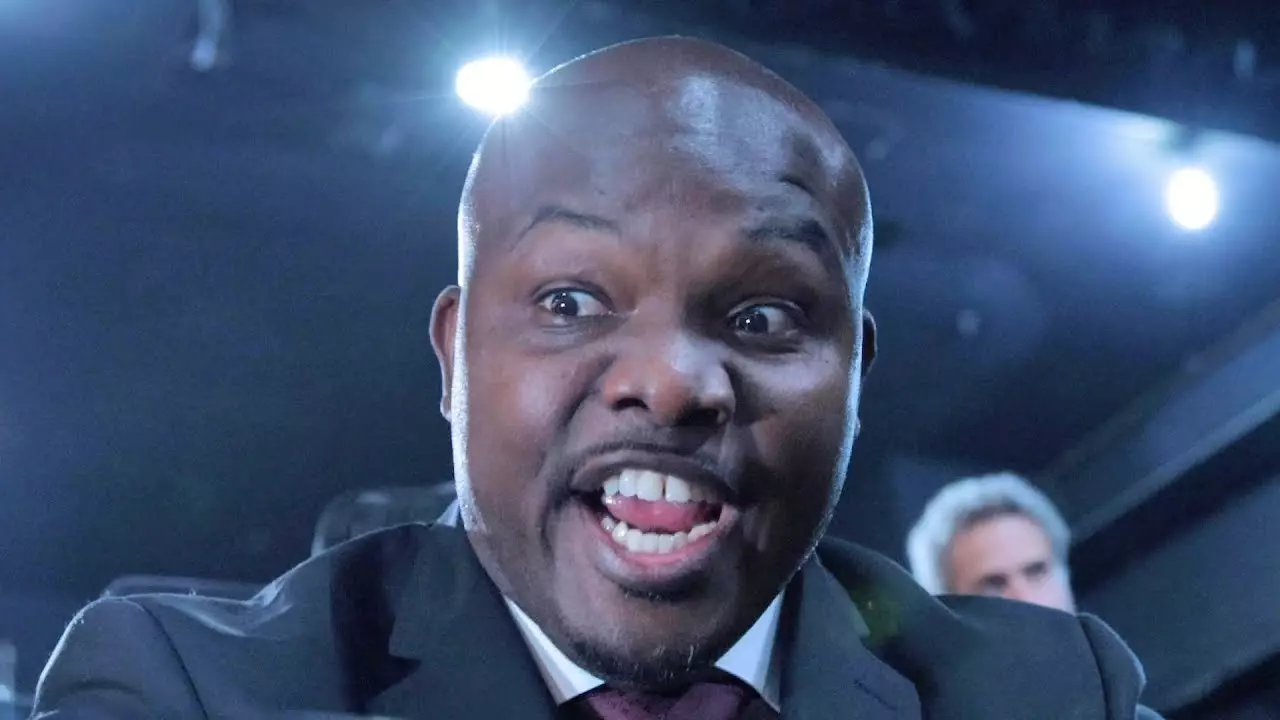In the world of boxing, fighters are often faced with dilemmas that extend beyond the ring. The recent comments made by Tim Bradley regarding Gervonta ‘Tank’ Davis and his stance on the Saudi Arabian boxing scene illustrate the conflicting dynamics of loyalty, respect, and financial incentives in the sport. As boxing evolves into a global spectacle, the implications of chasing lucrative opportunities in foreign lands become increasingly complex.
Tim Bradley’s remarks highlight a significant divide among boxers today. On one hand, you have figures like Gervonta Davis, who has publicly stated his refusal to bow down to the monetary temptations presented by Saudi Arabia. His comments reveal a deeper philosophy: a commitment to his roots and a desire to maintain a sense of integrity in an industry where many seem eager to capitulate for a fat paycheck. Davis’ critique of fighters who chase money in foreign lands suggests a longing for authenticity and loyalty, which he believes is lacking among some of his contemporaries.
Bradley’s excitement over Davis’ refusal to “kiss the ring” of Turki Al-Sheikh suggests an admiration for those who resist succumbing to external pressures, particularly in a sport where financial survival often trumps principles. These sentiments can resonate strongly with fans who appreciate fighters who prioritize their heritage and principles over immediate monetary gain. For many, Davis’ bold stance exemplifies what they consider ‘realness’—an authenticity that seems to be in dwindling supply in modern boxing.
In a candid moment on social media, Davis launched a sharp critique against fighters who he perceives as compromising their integrity for financial opportunities in Saudi Arabia. His sentiment is a reflection of wider frustrations within the sport—discontent toward fighters who, in pursuit of fortune, appear to disregard their obligations to their fans and the integrity of the sport itself. Davis described these behaviors as a lack of loyalty, a dismissal of the honor that should come with being a top-tier athlete.
This backlash against what he calls the ‘d**k eating’ culture underscores a broader conversation around how fighters interact with promoters, sponsors, and lucrative deals in the boxing industry. It raises essential questions about the authenticity of professional relationships in a sport often plagued by corrupt practices and financial opportunism. By voicing his disapproval, Davis positions himself as a defender of these values, challenging the norm and creating a public dialogue about fighter integrity.
The Changing Landscape of Boxing Promoters
As the landscape of boxing continues to evolve, the influence of international promoters like Turki Al-Sheikh has become more pronounced. High-profile agreements, as seen with figures like Terence Crawford and Canelo Alvarez, trickle down to affect fighters at all levels. The allure of financial security can be tempting, pushing fighters towards decisions that may conflict with their principles.
Bradley’s praise of Davis stands in stark contrast to the actions of fighters who have chosen to engage with promoters to secure high-stakes fights, a choice that can sometimes come at the cost of respect from fans and peers alike. This juxtaposition invites scrutiny about the loyalty of established fighters and raises concerns about the impact of these financial roles on the sport’s future. Will boxing become more about dollar signs, where financial success overshadows the spirit and culture of the sport?
The Road Ahead for Boxers in a Monetized World
The situation invites a broader reflection on the future of boxing and the values it endorses. As fans eagerly watch how this narrative unfolds, the challenge for fighters will be discerning when to hold their ground and when to adapt to the changing times. Gervonta Davis may have caught the eye of admirers for his current stance, but the question remains—how long can one hold onto integrity in a world where compromises seem increasingly common?
As this dialogue continues, we watch the clash of ideals set against the backdrop of a sport rife with both honor and financial temptation, ultimately defining what it means to be a ‘real one’ in a boxing ring that often mirrors the complexities of life outside of it. Thus, the world of boxing stands at a crossroads, navigating the intricate balance between respect, loyalty, and the undeniable pull of wealth.


Leave a Reply